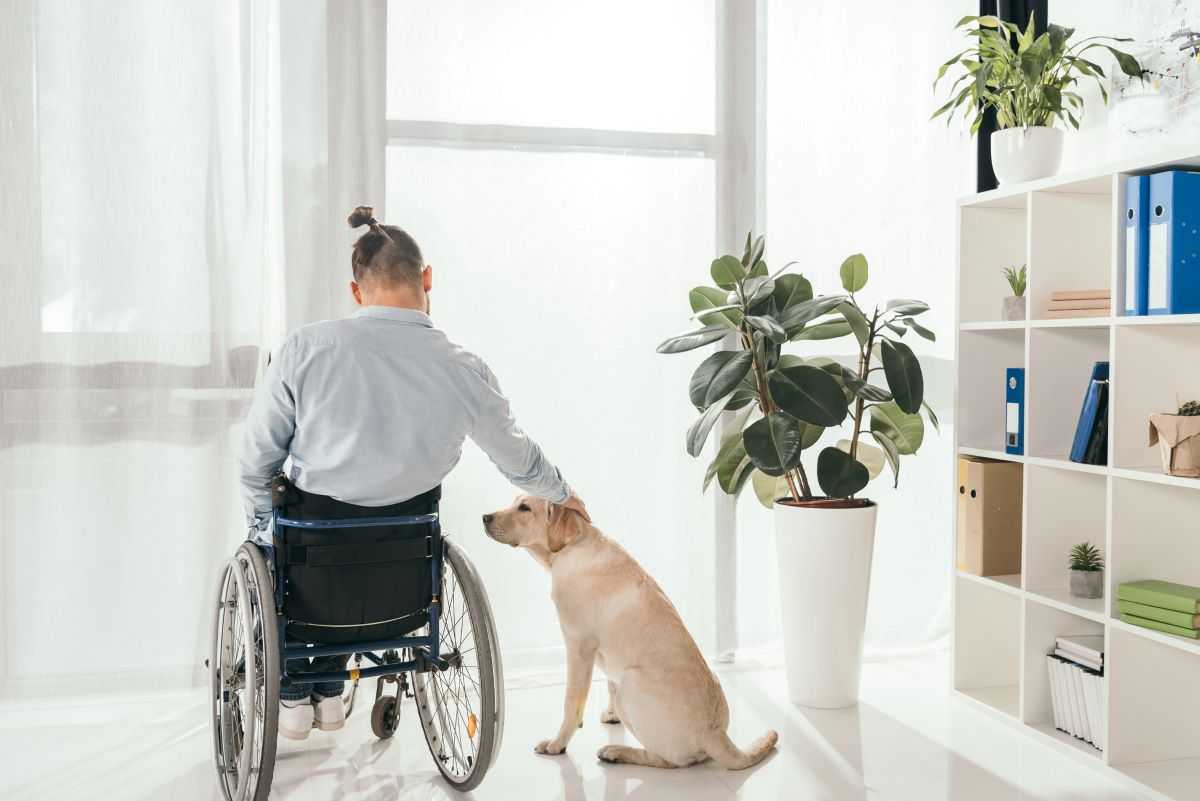
Addiction has a profound impact not only on the individual but also on relationships. When partners find themselves entangled in the complexities of substance abuse, the idea of seeking rehabilitation together might not immediately come to mind. However, opting for rehab in Orange County or any other location near you can be a transformative and healing experience. This article explores the benefits of attending rehab as a couple, focusing on the positive impacts it can have on communication, coping mechanisms, parenting, and shared responsibilities.
1. Healthy Communication Skills
Communication is the cornerstone of any healthy relationship, and addiction often undermines this vital aspect. Couples grappling with substance abuse may find it challenging to express their feelings, concerns, and needs in a constructive manner. Going to rehab together provides a structured environment where couples can learn and practice healthy communication skills. Therapeutic sessions offer a safe space to address underlying issues, fostering mutual understanding and empathy.
2. Coping Skills
Addiction is often a coping mechanism for dealing with stress, trauma, or unresolved emotions. Rehab provides couples with the tools to develop healthier coping mechanisms individually and as a team. Learning effective coping skills equips partners to support each other during challenging times, reducing the likelihood of relapse and reinforcing emotional resilience within the relationship.
3. Parenting Skills
For couples with children, addiction can have a profound impact on parenting. Attending rehab together allows partners to address not only their individual struggles but also how addiction affects their roles as parents. Therapeutic interventions can help couples develop effective parenting strategies, rebuild trust with their children, and create a more stable and supportive family environment.
4. Cooperation on Work and Financial Issues
Addiction can strain a couple's ability to function cohesively in various aspects of life, including work and finances. Joint participation in rehab allows couples to address these practical concerns in a supportive and therapeutic setting. Through counseling sessions and workshops, couples can develop strategies to cooperate on work-related issues and establish a healthier approach to managing finances, reducing stressors that may contribute to the cycle of addiction.
5. Cooperative Decision Making
Recovery from addiction often involves making significant life changes to avoid relapses. These changes can include decisions about living arrangements, social circles, and lifestyle choices. Attending rehab together enables couples to engage in cooperative decision-making processes. Therapists can guide couples through discussions about shared goals, values, and the practical steps needed to sustain a substance-free lifestyle, fostering a sense of unity and commitment to the recovery journey.
Bottom Line
Embarking on the path of recovery as a couple requires courage and commitment, but the benefits can be immeasurable. Rehabilitation for couples not only tackles the personal challenges of addiction but also heals the core of the relationship. From fostering healthy communication skills and coping mechanisms to refining parenting skills and cooperative decision-making, rehab as a couple offers a holistic approach to healing. The shared experience of recovery can strengthen the bond between partners, providing a supportive framework for a healthier, substance-free future.
Follow me down the rabbit hole!
I'm Alice and I live with a dizzying assortment of invisible disabilities, including ADHD and fibromyalgia. I write to raise awareness and end the stigma surrounding mental and chronic illnesses of all kinds.







